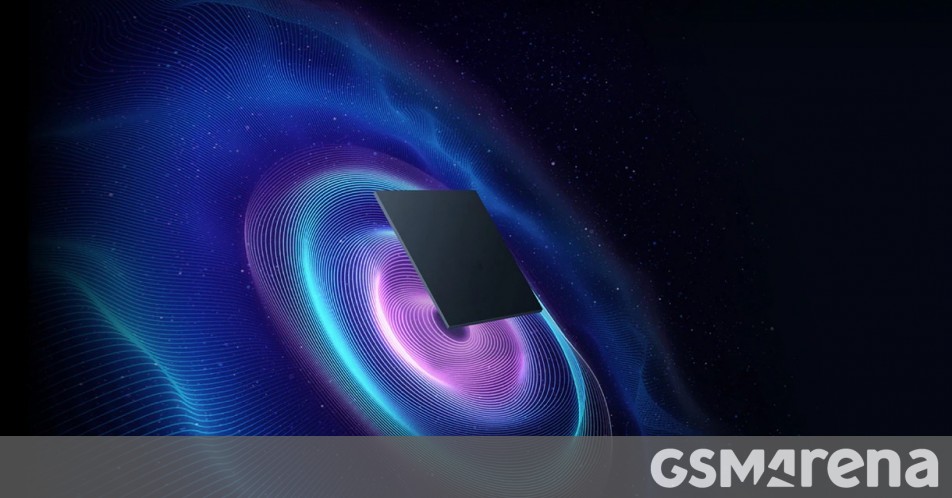Report: Samsung was shocked by Google’s switch to TSMC for future Tensor chips
Samsung foundries manufactured the first four Google Tensor chips – the G1 through G4 that were used in the Pixel 6 through Pixel 9 series. Now insiders are saying that Google has switched alliances and the next five generations, Tensor G5 through G9, will be fabbed by TSMC – these will be used in the Pixel 10 (coming later this year) to Pixel 14 series.
This reportedly came as a shock to executives over at Samsung who are now convening meetings to analyze what went wrong and to chart possible paths to recovery.
Besides Samsung’s Exynos division, Google was the last major chipset client to exclusively use Samsung foundries. Qualcomm still uses them for the occasional Snapdragon, but it’s the likes of Snapdragon 4 Gen 2 and 6 Gen 3 – everything else, the flagship chips especially, has gone over to TSMC.
Other companies such as Nvidia used Samsung for GPU dies, but moved over to TSMC several years ago – the one major exception being Nintendo Switch 2’s Tegra T239 chip, but that is fabbed on an old 8nm node.

So, what next? Google will be getting 3nm Tensor G5 chips for the Pixel 10 models coming later this year. Samsung seems to have also lost the modem business to MediaTek – Pixel 10 phones will reportedly use MediaTek T900 modems instead (although some rumors still point to an Exynos modem). As for the GPU, that will come from Imagination.
Tensor G5 will focus on improving efficiency rather than bringing more performance – that task will be left for the Tensor G6. Google is also working on a Tensor chip for smartwatches, though it’s not clear which foundry will be used for that one.

As for Samsung, the foundries are reportedly seeing improved yields from the 2nm GAA (“Gate All Around”) node. This is good news for the Exynos 2600, which will reportedly be featured in the Galaxy S26 series – if that chip performs well, it can become a showcase of what Samsung’s foundries can do, which will help when the company tries to lure old customers away from TSMC.
Source (in Korean) | Via
